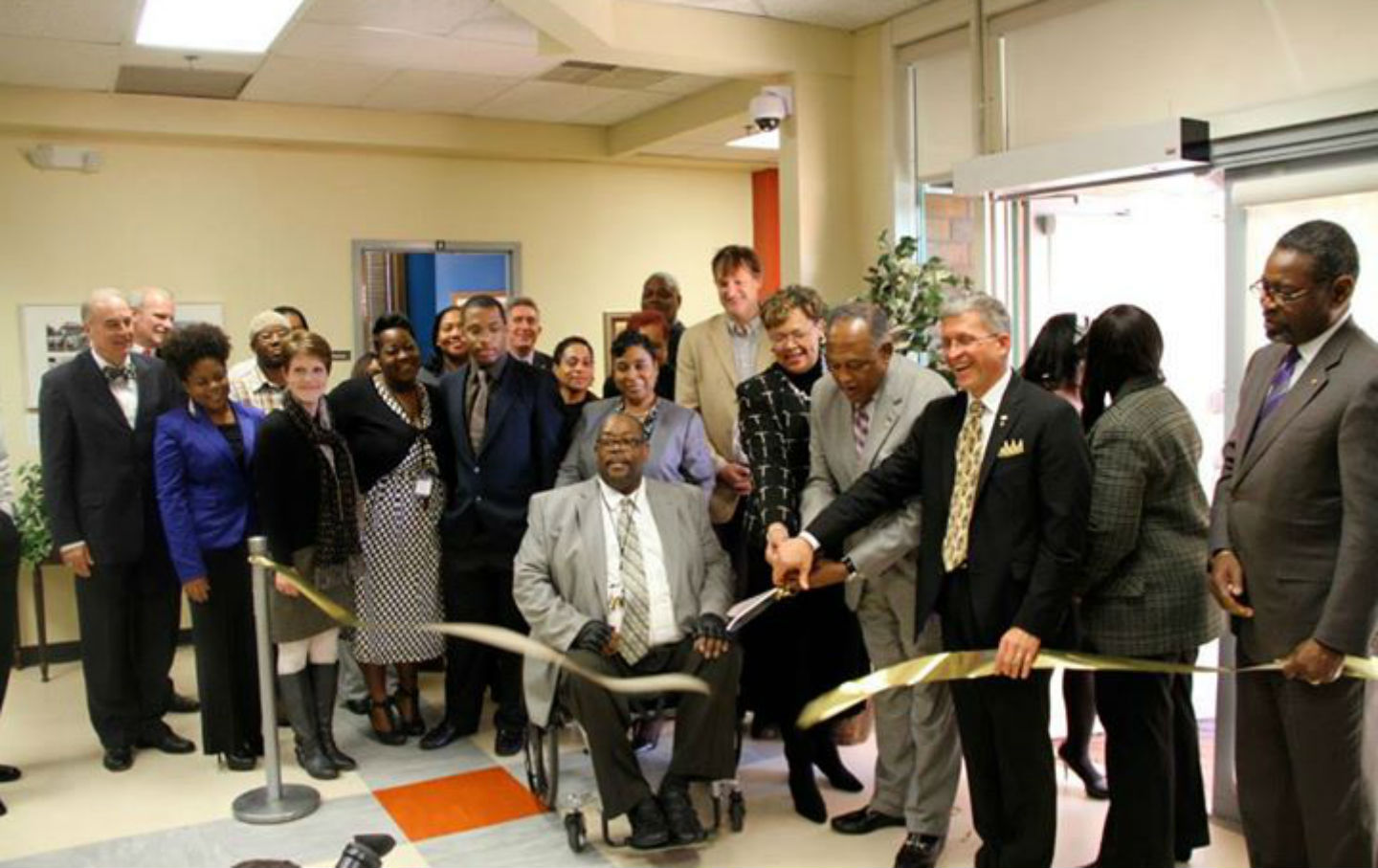
Is the Former Capital of the Confederacy Finally Ready to Confront Its Poverty—and Its Past? Is the Former Capital of the Confederacy Finally Ready to Confront Its Poverty—and Its Past?
Richmond, Virginia, is the eleventh-most-unequal big city in the country; its leaders finally want to change that.
Mar 31, 2015 / Sasha Abramsky

The Unexpected Burden of Pregnancy at Work The Unexpected Burden of Pregnancy at Work
This week’s Supreme Court ruling is one step toward protecting pregnant workers from the whims of their employers.
Mar 27, 2015 / Michelle Chen
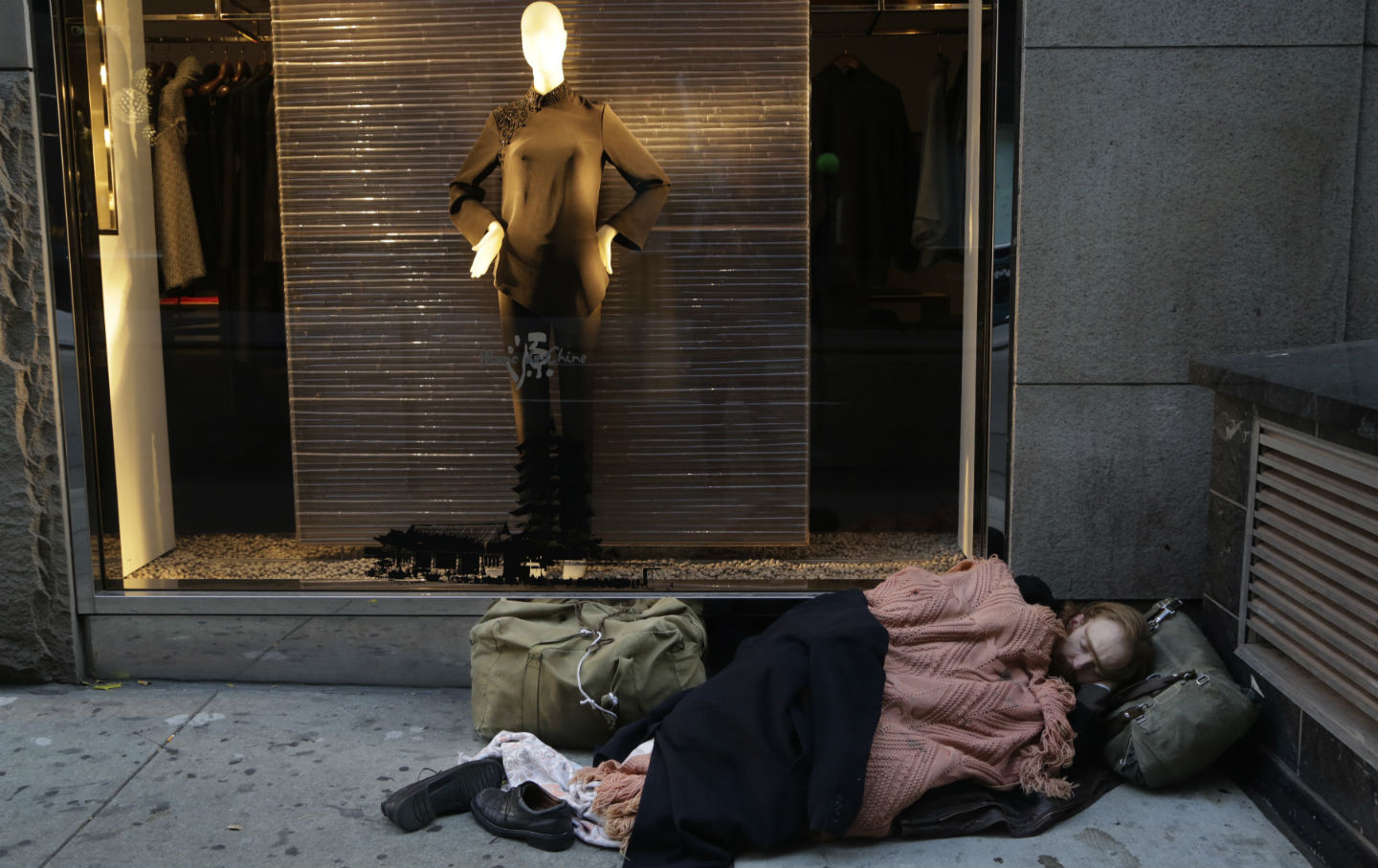
Retaking the Moral High Ground in the Fight Against Poverty Retaking the Moral High Ground in the Fight Against Poverty
It’s time to fight the narrative that poverty is a choice.
Mar 18, 2015 / James Abro

‘Flexible’ Scheduling Is Stretching Retail Workers to the Breaking Point ‘Flexible’ Scheduling Is Stretching Retail Workers to the Breaking Point
How do you plan a budget, or arrange childcare, when you’re always on call?
Mar 11, 2015 / Michelle Chen
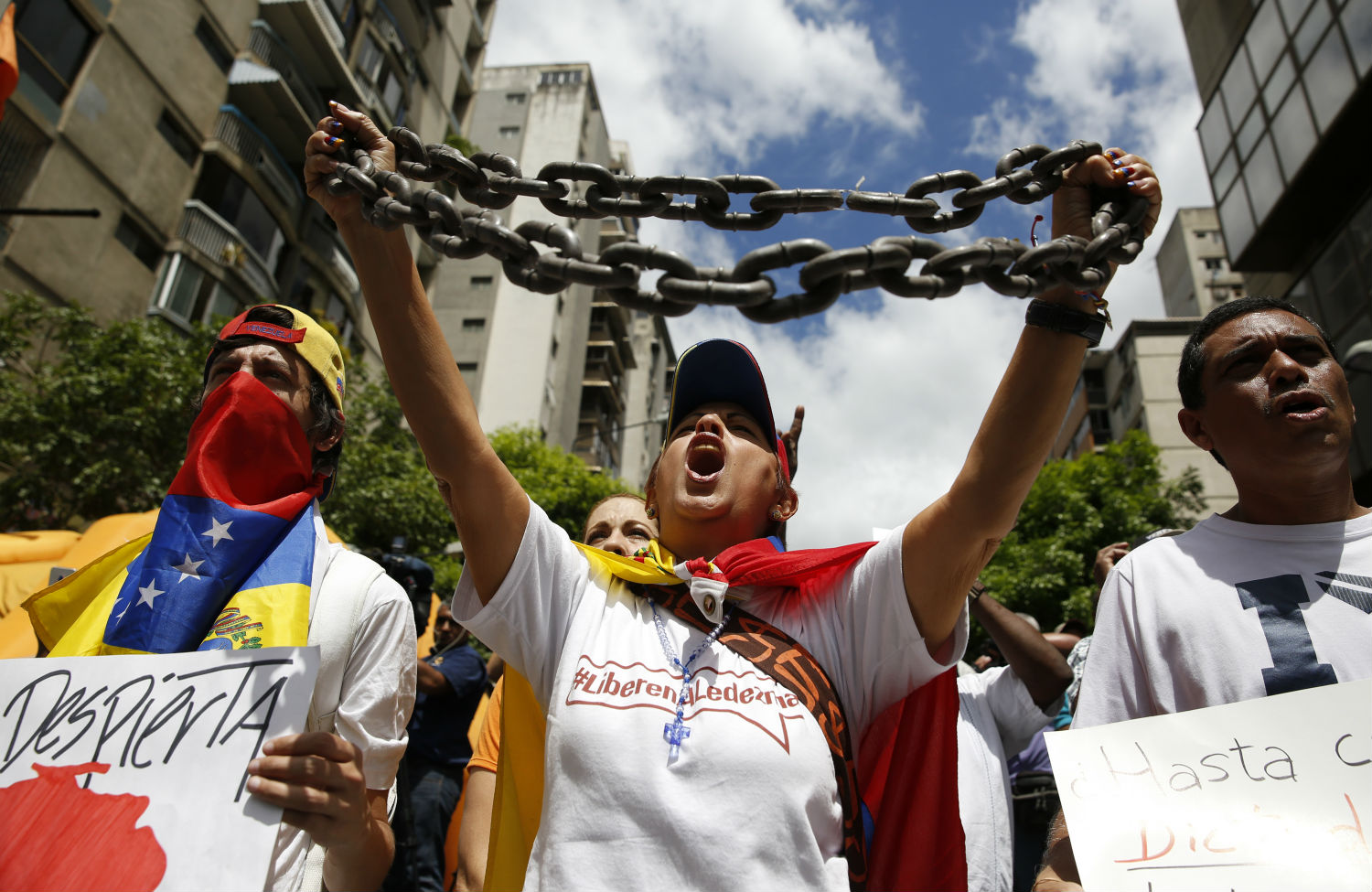
What Is Happening in Venezuela? What Is Happening in Venezuela?
The government and the opposition do battle as ordinary Venezuelans weather an economic crisis.
Mar 2, 2015 / Greg Grandin

Why Do Americans Feel Entitled to Tell Poor People What to Eat? Why Do Americans Feel Entitled to Tell Poor People What to Eat?
We don’t tell students with subsidized loans what to major in, but we like to tell people on food stamps what they should buy.
Feb 18, 2015 / Bryce Covert
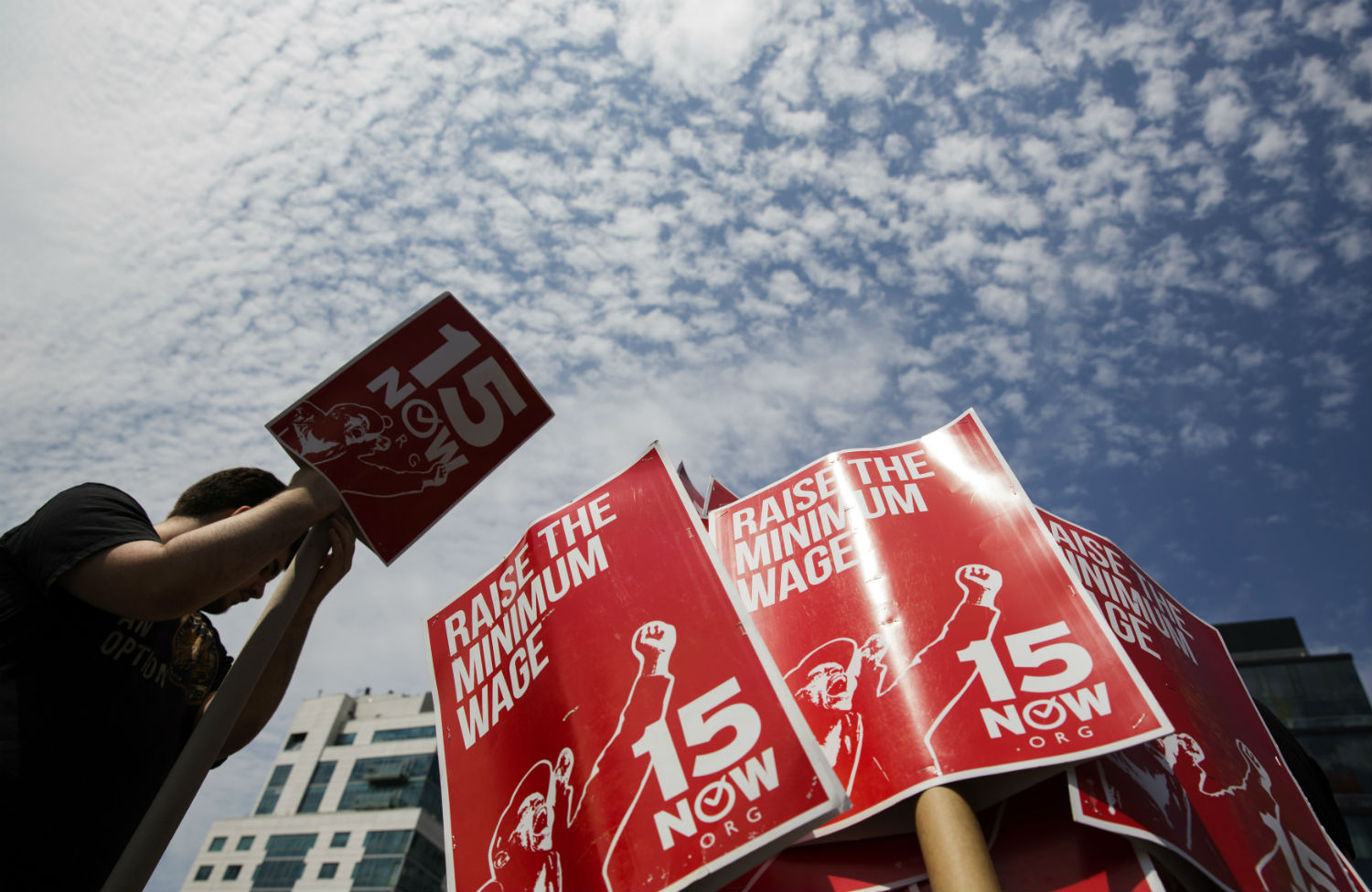
These Lawmakers Think the Minimum Wage Should Be Even Lower These Lawmakers Think the Minimum Wage Should Be Even Lower
In states from South Dakota to Oklahoma, right-wing representatives are pulling every string to try to keep the poor down.
Feb 18, 2015 / Michelle Chen
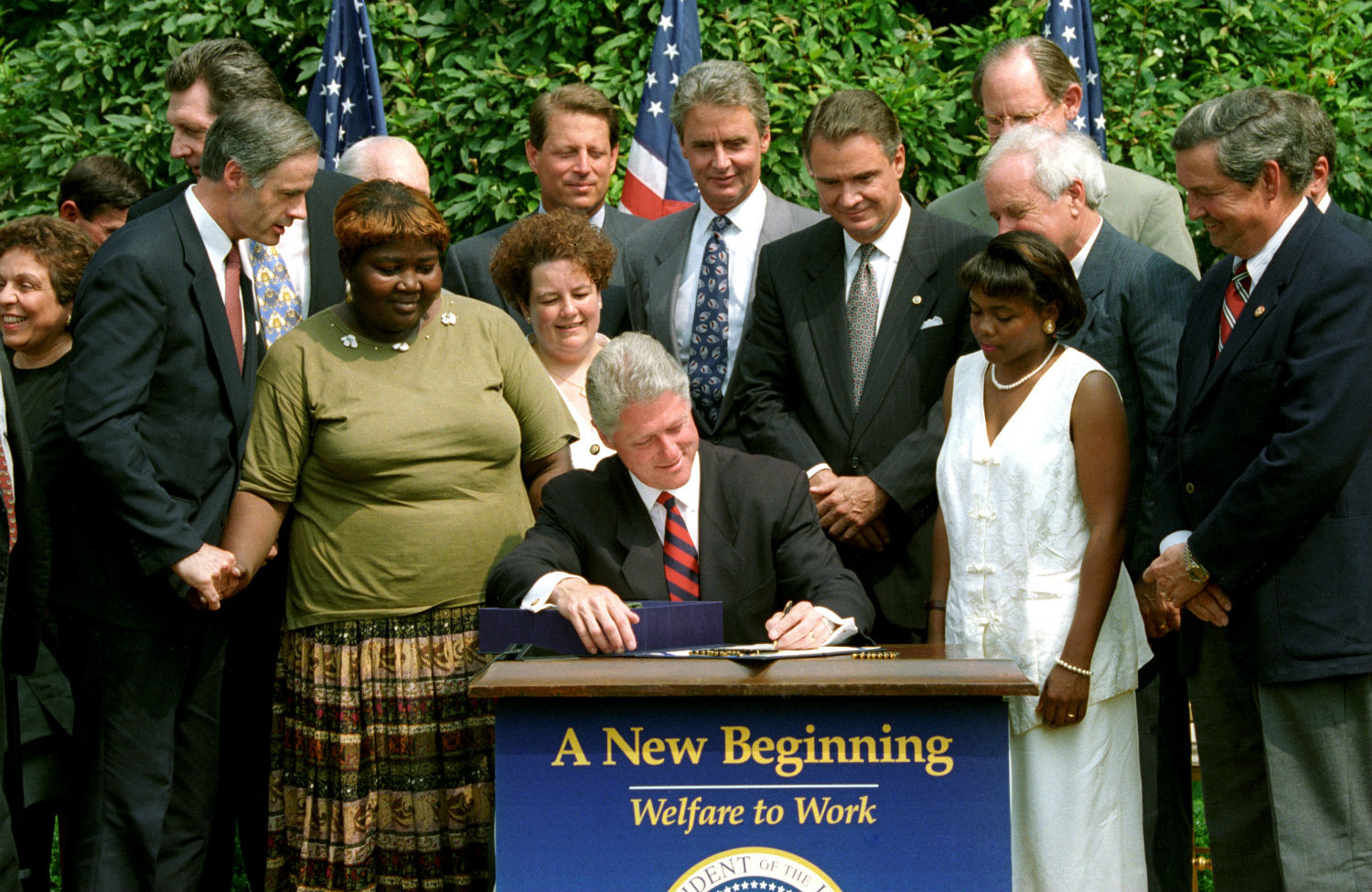
Is Welfare Reform Causing Earlier Deaths? Is Welfare Reform Causing Earlier Deaths?
We’ve reformed the social safety net at the cost of human lives.
Feb 17, 2015 / Michelle Chen

These Motel Rooms Are the Last Resort for Families Without Homes These Motel Rooms Are the Last Resort for Families Without Homes
A critical lack of affordable housing is turning overpriced motels into long-term shelter.
Feb 11, 2015 / Leighton Akio Woodhouse
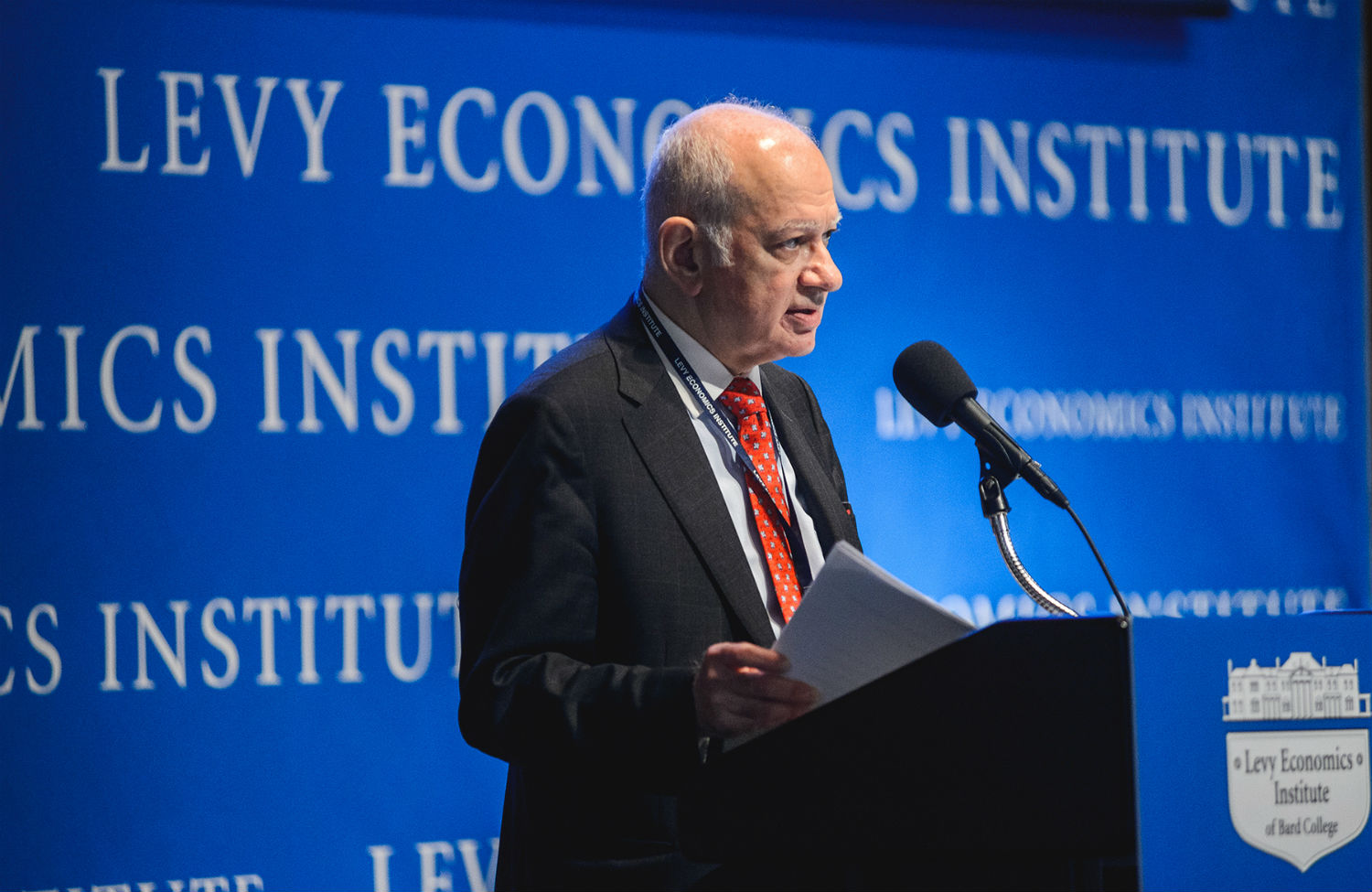
The Workers’ Think Tank The Workers’ Think Tank
With an eye on the United States and Greece, scholars at the Levy Economics Institute are developing plans to ensure full employment.
Feb 2, 2015 / Sasha Abramsky
